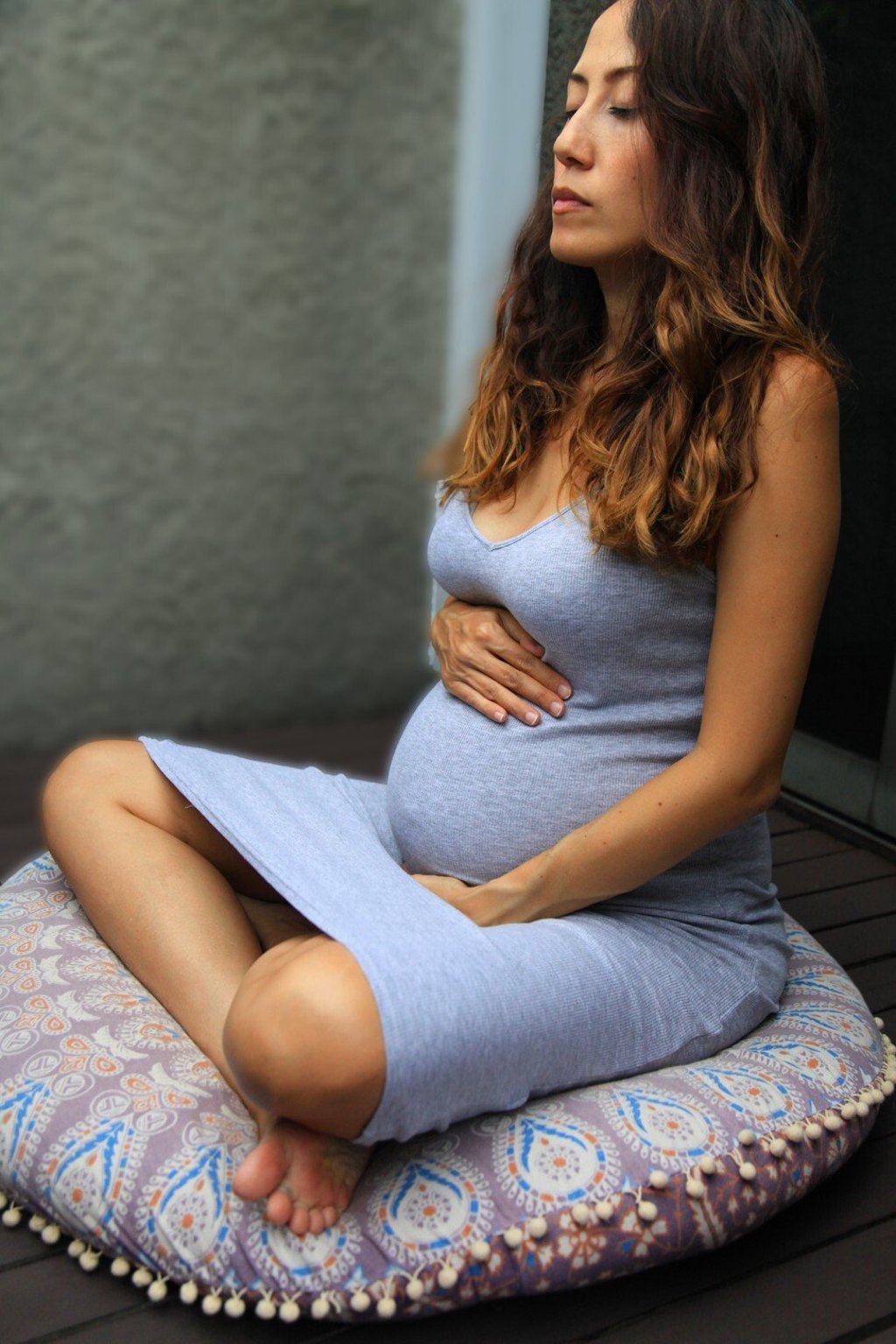Advertisement
How to meditate your coronavirus fears away during lockdown, from breathing techniques to looking at nature
- Meditation enables a shift from reactive to responsive living, in which we choose what we dwell on, including our thoughts, experiences, and healing
- Keeping calm isn’t just about traditional meditating – we can also experiment with plant-based diets, breathing techniques, gardening and painting
Reading Time:4 minutes
Why you can trust SCMP

Before the coronavirus pandemic forced me into home confinement in central Singapore, I had a morning meditation ritual – spending up to 40 minutes in silence on my balcony and looking onto a dazzling yellow flame tree.
Now, I sit again in the evening, too. This nourishes my feelings of gratitude and compassion during these challenging times as I await the birth of my second child.
Mindfulness and meditation have interested me since my early teens, but I only began practising it daily a year ago, after a healing session with meditation and spiritual teacher Danielle Van de Velde.
Advertisement
Meditation enables a shift from reactive to responsive living, in which we can choose what we dwell on, including our thoughts, experiences, and healing.

Advertisement
“This is critical in this current situation when so much of our life experience is curbed with containment measures and we are under constant bombardment of Covid-related content,” Van de Velde, an Australian living in Singapore with 30 years of experience, says.
Advertisement
Select Voice
Choose your listening speed
Get through articles 2x faster
1.25x
250 WPM
Slow
Average
Fast
1.25x